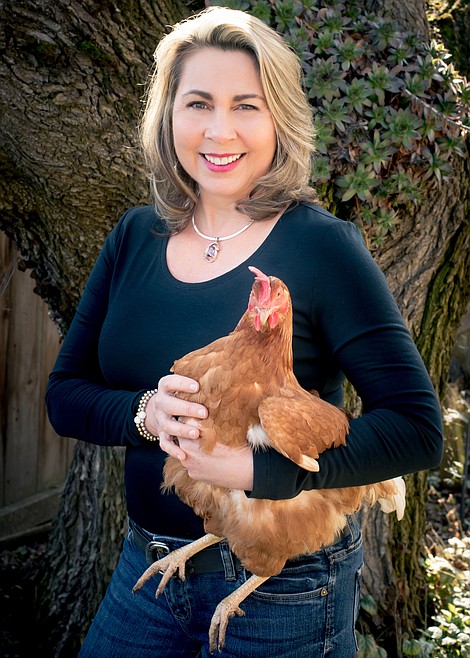Are you ready for a backyard flock?
Enter any farm store this time of year and you’ll hear the sound of chicks “peeping.” Proceed with caution and brace yourself, as chicks are adorable…and hard to resist.
Before you slip into a “chick-daze” and find yourself walking out with a full box of mini-cluckers, consider the following points to determine if you’re really ready for a backyard flock.
What’s your true motivation? Let’s start by saying an “impulse buy” is not an option. It’s perfectly fine to adore the chicks in the store, but do not let that be your motivation. Heartache will ensue for you and the chicks.
Reconsider too, if you are trying to save money on eggs. While the chicks themselves are inexpensive, the investment in housing, supplies, and feed is not — it can run in the hundreds of dollars. Plus, it will be about 20 weeks before you see that first egg and egg production slows dramatically during the winter months. If this is your only motivation, you’d be better off purchasing eggs from a local farmer.
Are chickens allowed? Before you go any further in fulfilling your urban flock of dreams, check local ordinances to make sure chickens are allowed where you live. Local municipalities have different ordinances, as do home owner associations.
There is nothing worse than starting a flock, only to be turned in to the authorities by a neighbor who knows the law! Keep yourself out of the fryer and do your due diligence. In the city of Coeur d’Alene, only hens (females) are allowed; roosters and other types of poultry are not permitted.
And speaking of neighbors … It’s a good idea to give your neighbors a heads-up. Most objections come from the perceived noise and smell. Chickens are relatively quiet, but they will let the neighborhood know when an egg has been laid. Thankfully, it’s a short-lived announcement.
With good management practices and regular cleaning, chickens are nearly odorless; although prolonged wet conditions can create that “farmyard” smell. Be thoughtful of where you place the coop in relation to your neighbor’s and your own outdoor living spaces.
Remember, good fences make good neighbors, and the promise of fresh eggs doesn’t hurt either!
The urban environment. Chickens don’t require a lot of space, which makes raising them in an urban setting possible. However, they do require a safe and secure environment. This should consist of a sturdy coop with an attached run within a solid-fenced yard.
Chickens need protection from urban predators too. Raccoons, skunks, owls, hawks and coyotes love a chicken dinner. Just because you’ve never seen urban wildlife around your home, doesn’t mean they’re not watching your henhouse. Neighborhood pets, including your own, can pose a threat too.
Consider the responsibility. Did you know that a chicken can live for 10 years or more? Most do not, simply because their productive egg-laying years are limited to about 4 to 5 years. After egg production drops off, often, so does the chicken. But not always.
What will you do with your hens when they stop laying? It’s a good idea to have an exit plan in place. This may include humanely dispatching them or offering unproductive chickens to others. Letting them run free in the woods is not an option!
Owning an animal requires commitment; whether it’s a dog or a chicken. Be certain you are ready to take on the responsibility and treat your chickens with respect at the end of their productive lives.
Chickens are fun, easy to keep and make great pets. If a backyard flock is in your future, learn all you can about chicken keeping before you head to the farm store!
• • •
Candace Godwin is the owner of The Coeur d’Alene Coop and has been raising backyard chickens since 2009. She is fairly certain her first dozen eggs cost upward of $400 and she’s still not “saving money” on eggs. See more: thecoeurdalenecoop.com
















